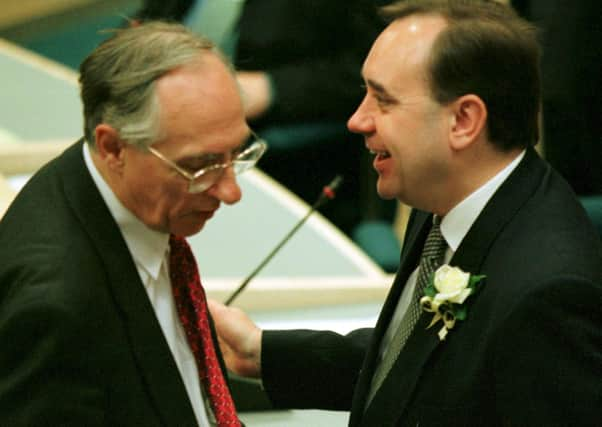Joyce McMillan: Labour didn’t always hate the SNP - so what’s changed?


It’s a fascinating story, for anyone interested in recent Scottish politics; but one aspect of it struck me with particular force, as I turned back towards this week’s political landscape, and that was the vital and creative role played by key figures in the Labour Party, during the 1980s and 1990s, in developing and articulating the case for Scottish home rule, and in embracing the idea of Scotland’s sovereignty over its own fate.
By the time of the devolution referendum of 1997, Donald Dewar and Alex Salmond, as leaders of the Scottish Labour and the SNP, were happy to campaign together for a yes vote to a Scottish Parliament with tax-raising powers. Voters responded to this historic strategic alliance between Scotland’s two social democratic parties with a massive “yes” majority; and Labour retained the constitutional initiative through the early years of devolution, until the disaster of the Iraq War in 2003 signalled the start of Labour’s long electoral decline in Scotland.
Advertisement
Hide AdAdvertisement
Hide Ad